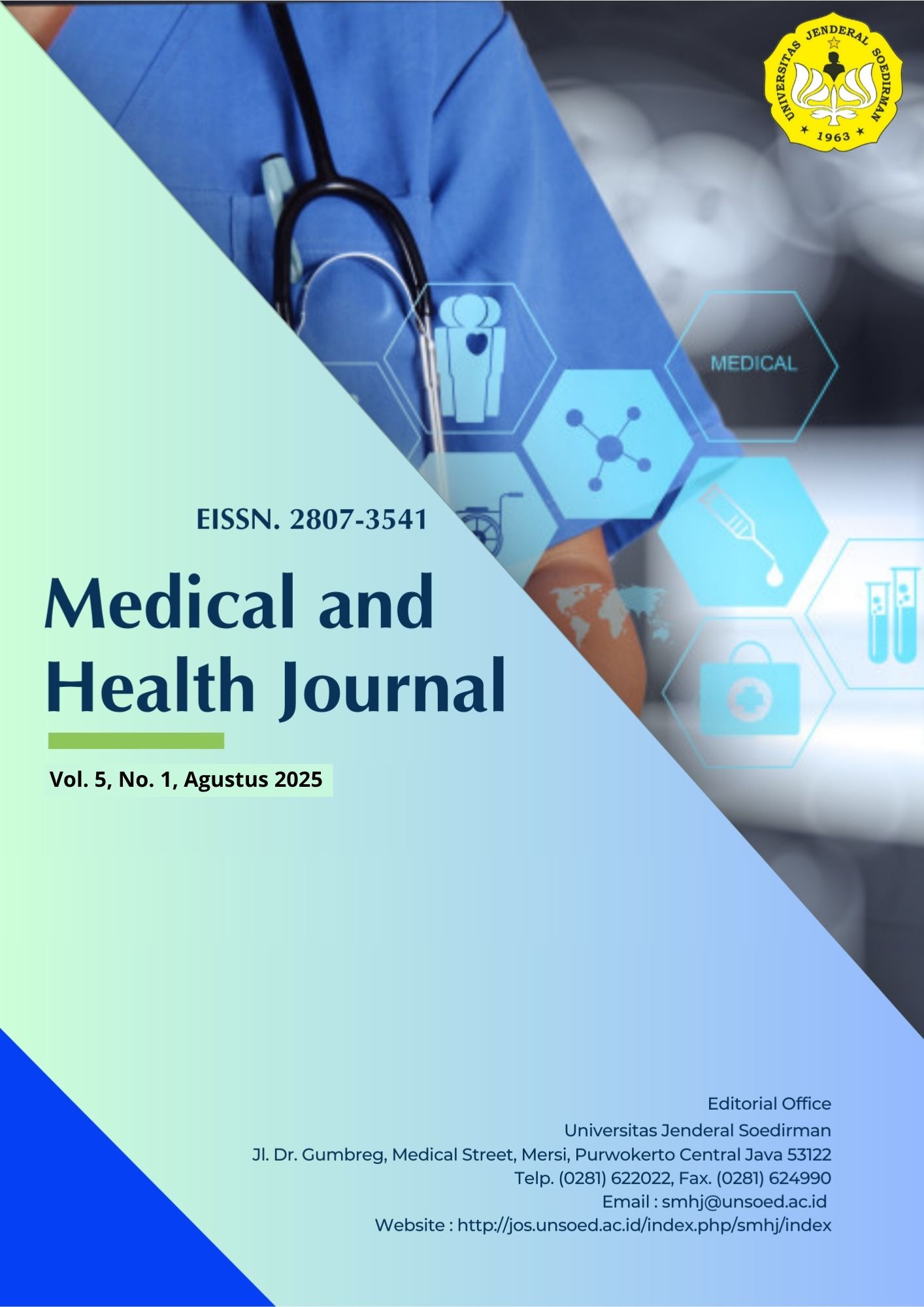Association Between Prematurity and Neonatal Sepsis: A Case–Control Study at a Tertiary Referral Hospital in Indonesia
Abstract
Background: Neonatal sepsis remains a leading cause of morbidity and mortality in newborns, particularly among preterm infants whose immature organ systems and immune defenses increase their vulnerability to infection. Evidence on the association between prematurity and neonatal sepsis remains variable across settings, highlighting the need for context-specific research. Objective: To examine the association between prematurity and the occurrence of neonatal sepsis at a tertiary referral hospital in Indonesia. Methods: A hospital-based analytic observational study with an unmatched case–control design was conducted at Margono Soekarjo Regional Hospital, Central Java, Indonesia, from June to November 2024. Medical records of neonates admitted in 2023 were reviewed. Cases were neonates diagnosed with sepsis, while controls had no sepsis diagnosis. A total of 136 neonates were selected using simple random sampling, with 68 cases and 68 controls. Data were analyzed using Chi-square tests and odds ratios (OR) with 95% confidence intervals (CI). Results: Preterm birth was more frequent among cases (64.7%) compared to controls (32.4%). The majority of sepsis cases were moderate-to-late preterm (41.2%) and predominantly late-onset (86.8%). Bivariable analysis demonstrated a significant association between prematurity and neonatal sepsis (χ² = 14.248, p < 0.001), with an OR of 3.833 (95% CI: 1.883–7.805), indicating that preterm neonates had nearly four times higher risk of developing sepsis than term neonates. Conclusion: Prematurity is a significant risk factor for neonatal sepsis, particularly late-onset cases, in this tertiary care setting. These findings highlight the urgent need for targeted infection prevention strategies and enhanced clinical monitoring for preterm infants in neonatal intensive care units.






